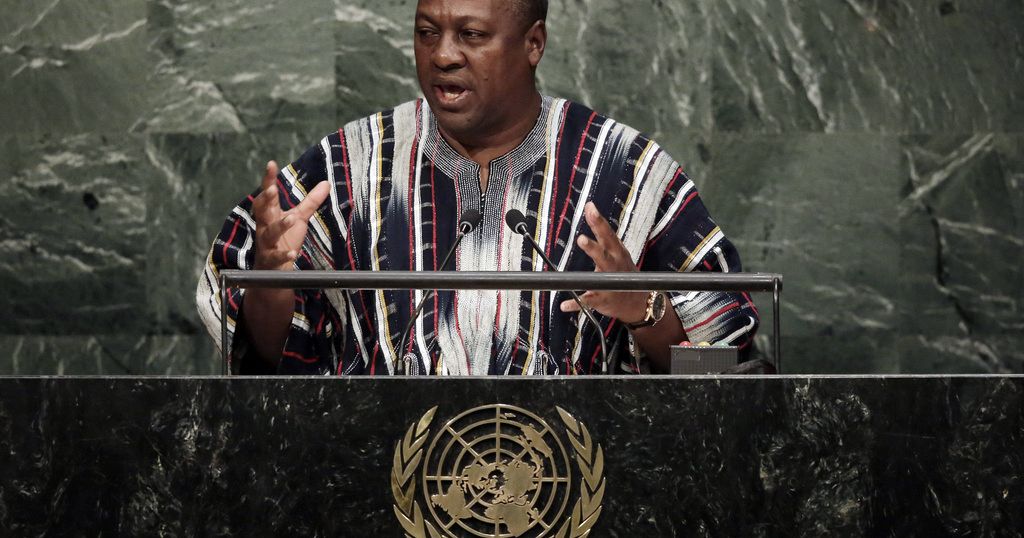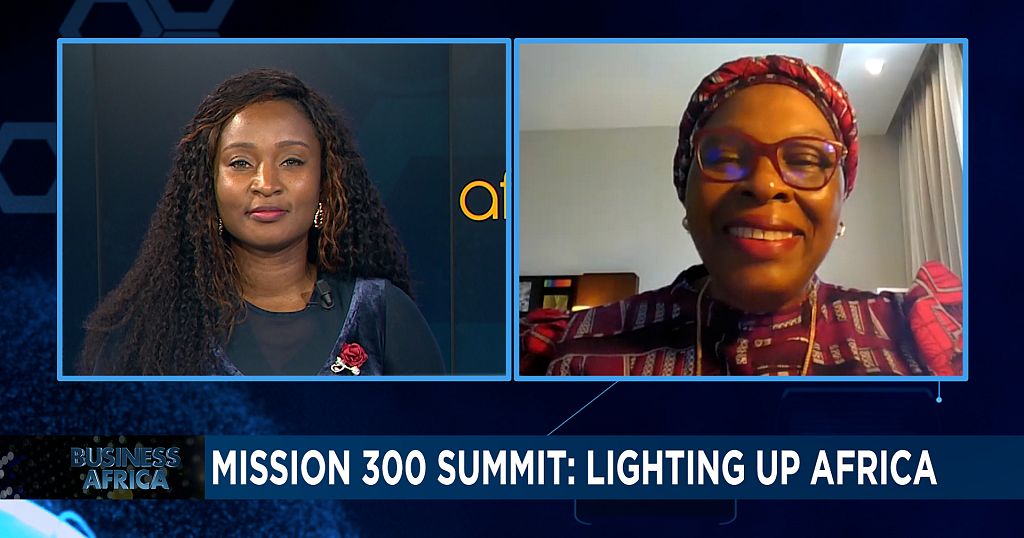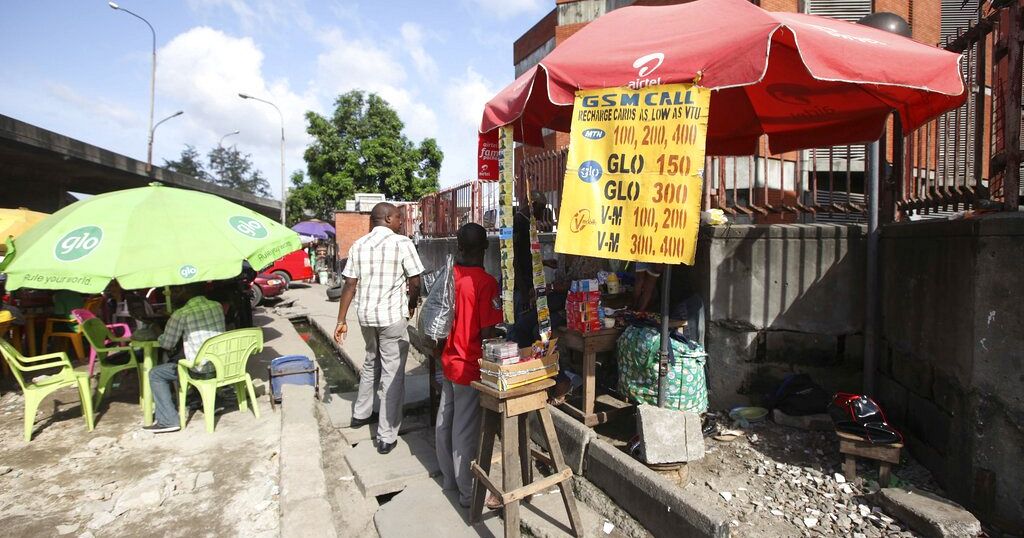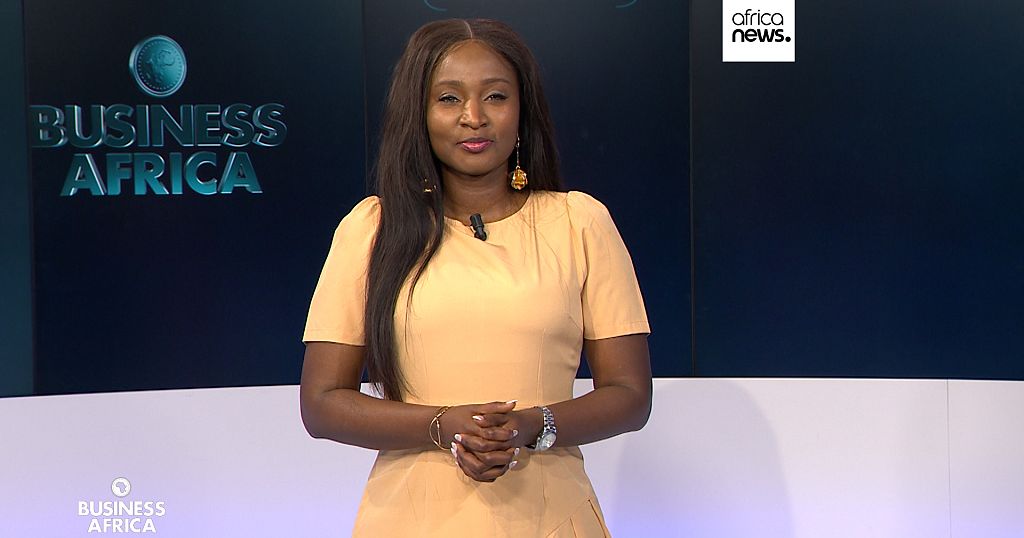The Trade and Development Bank (TDB) was named African Bank of the Year at this year’s African Banker Awards. CEO Admassu Tadesse talks to Tom Minney about the impact of Covid-19 on Africa’s economy and the bank’s plans for the future
The Trade and Development Bank (TDB) was named African Bank of the Year 2020 at the African Banker Awards in August. A stellar performance in 2019 comes on the back of a 10-year compound annual growth rate (CAGR) of 23% in the Banks’ capital base, with total assets having grown eightfold to $6.7bn and net profits by a 24% CAGR during the same period.
Headquartered in Ebene, Mauritius, and also in Bujumbura, Burundi, TDB is a specialised financial institution born out of the Common Market for Eastern and Southern Africa (COMESA). Its coverage is mainly Eastern Southern Africa, but is now extending selectively to Senegal, Ghana and Angola on the western seaboard of the Continent. African Banker’s Tom Minney caught up with CEO Admassu Tadesse.
What has been the impact of Covid-19 on different sectors in Africa?
This is a horrible year for the whole world and Africa is no exception. The overall impact in Africa does not appear to be as deep. We are looking at GDP contraction of anywhere between 1% to 3% across the continent. If you compare that to the outlook pre-Covid, it’s almost a 700 to 800 basis points reduction, a pretty deep cut to the growth trajectory of Africa. The expectation is 2021 will be better, and maybe much better.
Average figures conceal differences across different economies, including those which are resource-intensive. What comes out of this is the importance of economic diversification. It’s another wake-up call. It is giving a new boost to the imperative of industrialisation and diversification across sectors and value chains. A key issue is food and food security at a national level, even at a sub-regional level.
How have banks stopped the damage being so deep that it is permanent?
Many banks have stepped up and done their part by adopting forbearance measures and giving clients some six months or so of deferrals, and also rescheduling. TDB has done this for several clients that it knows have been badly affected.
Sadly, Africa doesn’t have the wherewithal to do the more generous type of interventions that you would see coming through OECD-type countries. Fortunately, however, we have had international partners step up, in conjunction with G20 efforts to give breathing room to vulnerable and hard-hit economies. A lot of recognition and credit is due to the IMF and the World Bank who have done unprecedented volumes of stabilisation and special lending, as well as undertaking forbearance measures.
What has changed for TDB?
We adopted a business continuity position to ensure that we are open and we are able to do business and to continue disbursing when milestones are reached and projects are ready for the next round of disbursements. Also, we have continued to avail trade finance as short-term and working capital facilities. This has been important in the face of the withdrawal from most of Africa by major international commercial banks that have traditionally been instrumental in providing trade finance to African exporters and importers.
Have you scored successes with blockchain and distributed ledger technology?
We discovered there are ways of adopting technological innovations to deal with the unexpected impact of slowdowns in logistics and communication, for instance for document-driven banking transactions. That gave an impetus for us to start looking at blockchain technology and using distributed ledger technology to do trade finance deals. Already last year we did our first end-to-end blockchain-enabled trade finance transaction and we have scaled up and done more in 2020. We are being rewarded for being innovative early.
It helped that we had existing relationships, we knew who the suppliers were, and enjoyed strong business relationships with our clients. Where you have knowledge of your counterparts, and have a good deal structure, the only unknown is the technology when innovating and pioneering. It helps that the underlying technology itself is proven. The challenge was getting our partners and clients to develop comfort and overcome both conservatism and the knowledge gap.
This also applied to our internal stakeholders. It has been quite a step change to get the various actors in a deal to rely on digital exchanges and e-sign offs. It has cut transport time and turnaround time across three or four jurisdictions far away from each other.
Blockchain does not solve the issues of due diligence and appraisal and know your customer, not obviate the need to be able to eyeball and talk organically to people, and develop a robust understanding of the track record of clients and suppliers.
We have also deepened our partnership with legal firms and other specialised agencies that can do some of this due diligence work on our behalf in the jurisdictions where we don’t have offices out of our more than 20 economies where we do business.
What is TDB’s forecast growth this year?
Normally we would be growing at between 10% and 15% per annum, sometimes 20%. So far it’s more like 5% to 10% growth in our loan assets.
Are you expanding westwards as a result of AfCFTA?
We have identified a couple of countries where we think the economies are interesting from a trade finance perspective but also generally a development finance perspective. We identified Ghana and Senegal as two countries to start with, as well as Mauritania being also a prospective member.
Will you end up competing for deals with other DFIs?
In most cases we partner and we share risk. We have a classic syndication and co-financing approach, which extends beyond our African DFI partners. We also work closely with European and Asian DFIs and global partners such as MIGA, IFC and the World Bank. Partnership, collaboration, co-financing and risk-sharing is the norm in our industry, especially when you start looking at transformative projects.
We co-finance regularly with the Africa Finance Corporation, Afreximbank, and also the African Development Bank and DBSA. We also work with commercial banks in quite a few cases, mostly on trade finance, but also corporate finance and infrastructure financing.
How do you crowd in private-sector funding?
Our posture has always been quite commercial. That doesn’t mean we don’t take development risk. We still do things that international commercial banks often don’t have appetite for, for instance, long-term infrastructure financing and frontier markets.
For example, we will take construction risk, and deal with greenfield projects. When we are providing finance to a private-sector client, we may not give interest rate discounts, but we give them time-sensitive solutions. Crowding-in works very well because we will come into a market place and create various tenor tranches for the commercial banks to come in and participate in deals, with three and five-year money.
The very big syndications that we have been doing in our region, providing term loans for infrastructure financing to bankable countries such as Kenya, Tanzania and Uganda, are all facilities that we have put together and for which we have crowded in major banks, global commercial banks from Japan, the United States, Europe, the Gulf, in addition to Africa.
Are any big changes coming up in the years ahead?
In terms of geographic expansion, we are also looking Namibia, Botswana and Tunisia, in addition to the others mentioned. Market expansion and diversification have always been part of our strategy.
In the area of capital raising, we are looking outwards, towards OECD-based investors, the Gulf region, sovereign wealth funds, and pension funds, including from Asia, a strong region of partnerships for TDB. We are always raising capital as we go along from existing shareholders.
We now have 24 sovereign investors and 16 institutional investors. The number of shareholders is increasing, and our market scope is increasing and our partnerships are expanding in ways that we never imagined.
Today we have new and strong first-of-their-kind partnerships with the World Bank and MIGA, but we also see new opportunities with the European Union partners as we continue to deepen our existing strong cooperation with AFD, BADEA, CDC, KfW and the OPEC Fund, among others. We are also eyeing other regional multilateral banks such as the Asian Infrastructure Bank, EBRD and the New Development Bank.


![Debt Cancellation For Poor Countries? [Business Africa]](https://static.euronews.com/articles/stories/05/02/37/04/1024x538_cmsv2_a4c420b0-3eed-5f0e-aeb1-d961c8b965ea-5023704.jpg?1601551099)



![The Okwelians: Unlocking New Economic Paths for Cameroon [Business Africa]](https://static.euronews.com/articles/stories/09/12/73/92/1024x538_cmsv2_85da6520-a13b-50c2-b20b-6172b1388b3a-9127392.jpg)

